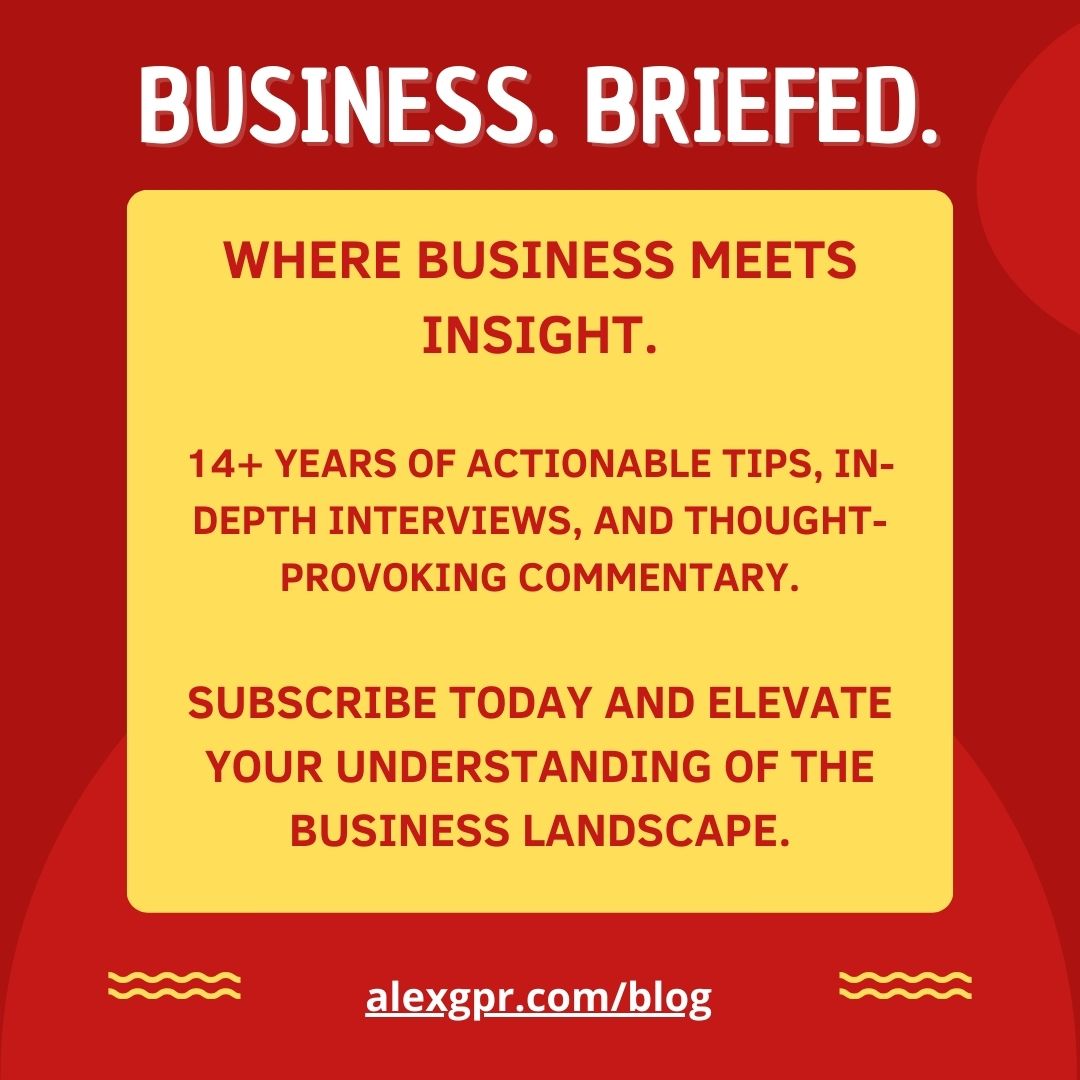But Wait, What is PR?
By Brooke Parker
“The public relations industry does a terrible job of public relations.”—Robert Wynne, boutique PR agency owner
Before asking if public relations is right for you or your organization, whether it’s selling insurance in Manhattan or running an auto body shop in Aurora, you must first understand what the heck it is. PR professionals aren’t marketers, don’t buy ad space, don’t write for the news, or create advertisements. Instead, we tell stories (what, you want me to pay for that?).
So, what is public relations? Here are some definitions I’ve come across:
Public relations is the voice behind the voice.
All public relations share messages with the audience in mind.
Public relations is the practice of storytelling.
The professional liars.
Doesn’t make sense to you? Me either. Let’s break it down.
Public relations is strategy.
Next time you’re on the phone with your best friend, analyze how you speak. Think about the language used, tone of voice and the point of the conversation. Now, do the same thing when talking with your grandma. It might not be different, but I’ll suspect it is.
For public relations specialists, changing our message, language and voice depends on what audience we’re communicating with. We won’t be sharing ‘#blessed’ on Twitter with 80-year-old men or discussing investor communication on the radio to reach teenagers. Our strategy adapts with each and every audience we speak with.
Public relations is research.
How do we know the 80-year-old doesn’t understand ‘#blessed’ and the teen doesn’t care about stock prices? Simple. A lot of research. Here’s some research on teens and the radio as well as seniors and social media. Common sense doesn’t fuel our research; in fact, we keep common sense out of it. When we’ve dug up demographics, percentages, past examples or graphs, we’ve researched.
Depending on a client’s goals, we’ll research all types of different people and audiences. This is when every variable must be assessed and every question answered. Hello teamwork!
During this phase, we also discuss the difference between a problem and an opportunity, take proactive steps and preventative measures. Always be prepared for an unexpected tweet.
Public relations is objective based.
Now that a public relations team knows the ins and outs of a selected target audience, they begin to set objectives. Much like any other business plan, public relations strategies and campaigns set objectives.
In our world, we set two types of goals. The first are output objectives. These are goals that represents the amount of work that will be conducted during a campaign. This could be something like posting 35 industry related blogs throughout a campaign term. Output objectives are easy to measure and great to evaluate. Then there’s impact objectives that include informational, attitudinal and behavioral objectives. These are a bit trickier with measuring tools and ROI, but are equally important.
Was beneficial information communicated to our publics? Did we help make up people’s minds? Were attitudes changed because of the information we communicated? Was action taken because of our information?
Public relations is programming.
A public relations campaign would not exist if not for programming. This is the tactical approach of public relations. In other words, this is the part of public relations where we write news releases, tweet, host press conferences, write blogs and create videos. Keep in mind, this step can only be successful with thoughtful research and measurable objectives. With a strategic approach, public relations programming is a blast for us.
Public relations is evaluation.
Evaluation is the most important step to public relations but is also the one left behind. Here, we can see if our strategy, research, objectives and programming worked. If we tweeted ‘#blessed’ at 80-year-olds and it didn’t gain traction, we may want to dig deeper in research and find out why. Without evaluation, public relations campaigns will no longer be innovative and entertaining. Always make sure your public relations team is evaluating their work. This industry thrives on learning, which doesn’t occur without evaluation.
If you’ve stuck around, congratulations! You’ve read what could the longest definition of public relations ever written.
The future of public relations is bright and profitable. Organizations are turning to the new wave of marketing, advertising and journalism all practiced within one industry. Now all we have to do is get a good PR team on making audiences aware of what it all means. Who’s with me?!
Learn something or want to talk about how weird we all sound when we talk to our grandma’s?
Find me on social.


